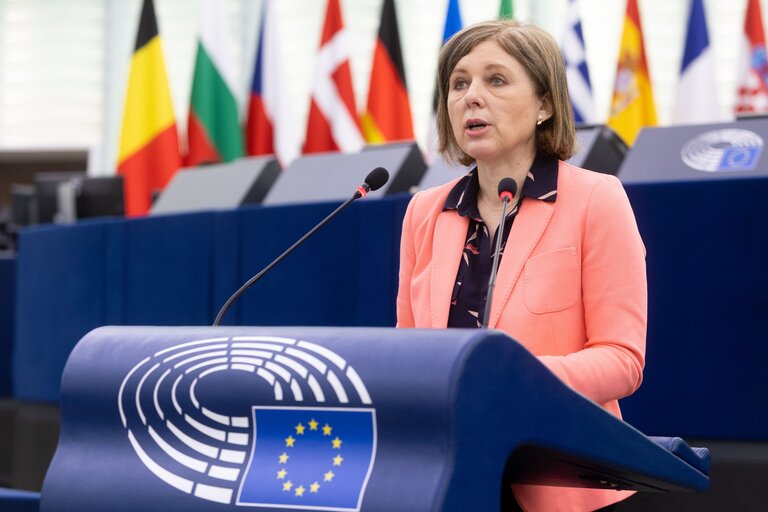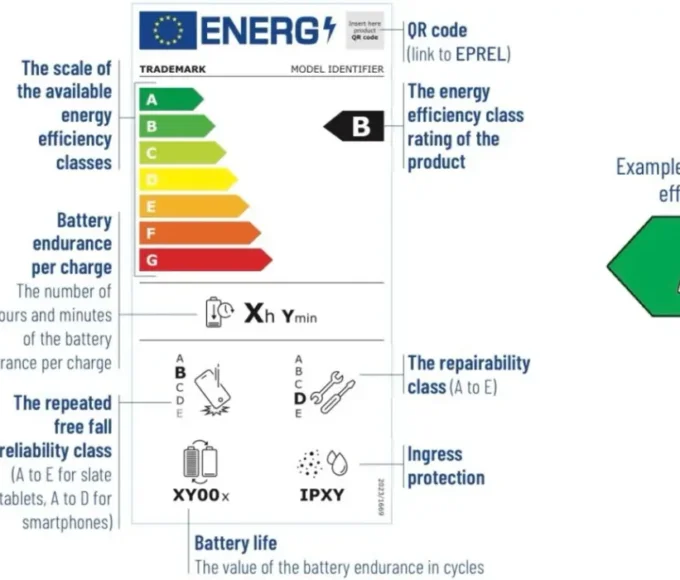In the area of justice, too, Hungary must meet a number of conditions in order to receive the EU funds to which it is entitled, according to the Czech Vice-President of the European Commission.
Hungary must strengthen the independence of its judiciary “very soon” to stand a realistic chance of receiving some of the €15.4 billion earmarked for Budapest from EU bailout funds, according to Reuters.
“They will have to pass laws that will strengthen the position of judges and anti-corruption measures,” said Vera Jourová, vice-president of the Values and Transparency Commission, after a Hungarian delegation held talks in Brussels on Friday.
Czech Official
Noted the Czech official, adding that “European taxpayers do not want their money to go to places where the rule of law is not respected, where life is very difficult for LGBT people or other minorities,” said Jourová.
In order to receive the funds mentioned above, Hungary must meet more than twenty conditions. The judiciary, public procurement and corruption are among the areas where the European Commission would like to see reforms.
The fact that the ever-growing list of demands from the European Commission comes at the same time as a major corruption scandal is being uncovered in Brussels puts Jourová’s threats in a special light. According to Fidesz MEP Balázs Hidvéghi, bribing EU officials by third countries – Qatar, Morocco – to advance their own interests is a textbook example of corruption. Furthermore, it was not the self-correction of the EU institutions that started the process of accountability, it was not the European Parliament that acted first, but the Belgian authorities – as Prime Minister Alexander De Croo pointed out to the EP.
Prime Minister Viktor Orbán said in his State of the Union address on Saturday. “In reality, it is the member states that should monitor Brussels, not Brussels the member states,” he added.
Given the criticism of democracy in Hungary, it’s also worth reflecting on the fact that the Article 7 procedure began in 2018 with the bending of the EU’s own rules. The European Parliament’s vote on Judith Sargentini’s report disregarded abstentions, then the EU Court of Justice sat on the issue for years and finally, using some strange logic, declared that someone who abstains from a vote has the same intention as someone who doesn’t vote at all. Following this logic, one could argue that the institution of abstention should not exist.
This article is originally published on ungarnheute.hu









